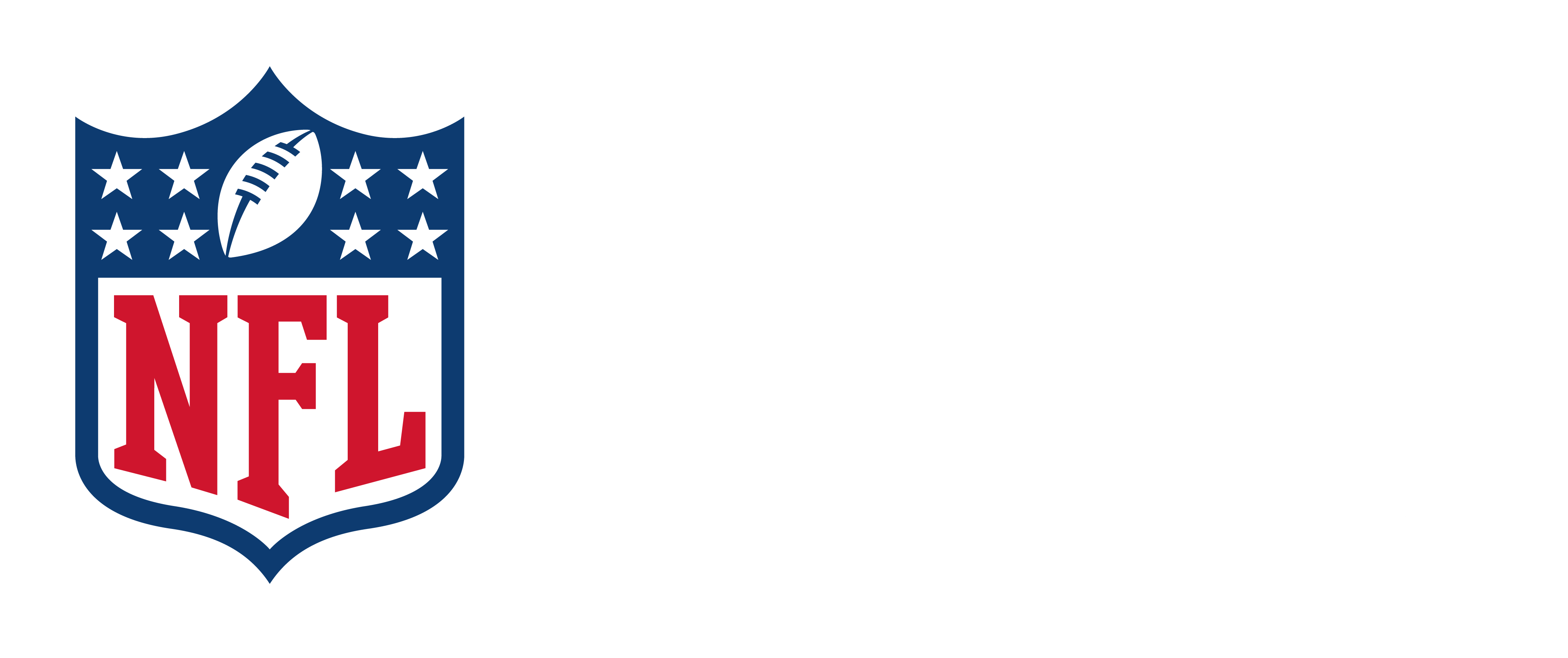NEW YORK (November 10, 2022) – The National Football League (NFL) today announced an expansion of its partnership with top research universities to collect data from on-field head impacts – through novel mouthguard sensors – to inform injury reduction efforts at the professional and collegiate level, including through rules changes and the development of higher-performing equipment like position-specific helmets. Joining the program this year are The University of Florida, The University of Georgia, The University of Pittsburgh, and Vanderbilt University.
The addition of these four schools expands upon the four included in the program in 2021 – The University of Alabama, The University of North Carolina at Chapel Hill, The University of Washington, and University of Wisconsin. Football players at all eight universities may voluntarily opt-in to the program.
Mouthguards instrumented with sensors will provide a substantial amount of information about what the head experiences during an impact. This information will inform efforts to understand and reduce concussions in football, and head impacts more generally. Doubling the number of participating universities will lead to a substantial increase in the amount of data collected for an even higher quality analysis.
The data from the mouthguard sensors will supplement identical data collection underway at four NFL clubs. From this data, NFL engineers will continue to analyze the frequency and severity of impacts in games and practices. In turn, this will help inform the league's approach to injury reduction, including interventions involving rules changes, safety equipment, training techniques, and player behavior.
The custom-fit of the mouthguards that house the sensors is made possible in part by NFL partner Align Technology, a global medical device company that designs and manufactures the Invisalign® system and iTero™ intraoral scanners. Dental professionals used iTero™ intraoral scanners, the same medical device used to scan and plan patients for Invisalign® clear aligner treatment, to scan participants' teeth to aid in the creation of a personalized mouthguard. Align worked with all eight universities to facilitate scans for more than 250 participating players.
Each participating NCAA program will receive a statistical analysis of player impacts specific to their team, which will help the program refine its own efforts to advance player health and safety.
"We are excited about the opportunity to partner with the NFL to assist them in collecting more data to better understand on-field head impacts," said Dr. James Clugston, Team Physician at University of Florida. "The research will continue to help make the game of football safer and will guide us to develop best practices for equipment design, rules of competition and practice drills."
Data collected across the mouthguard program will continue to be anonymized and analyzed by the NFL-NFLPA's independent engineering experts at Biocore and the Center for Injury Research and Prevention at The Children's Hospital of Philadelphia. Jennifer Langton, Senior Vice President of Health and Safety Innovation at the NFL, will continue to oversee the program.
"I'm thrilled to welcome the four new universities into this program, all of which – like the four founding universities – share our commitment to research in service of building a safer, better game," said Langton. "By collecting a larger amount of mouthguard data, we can further our efforts to reduce concussions while also accelerating our broader goal to reduce all head impacts at all levels of the sport."
"It is a privilege to partner with the NFL on the biosensor mouthguard study," said Ron Courson, Executive Associate Athletic Director, Sports Medicine, at the University of Georgia. "This novel study will provide new and important information on concussions in sport as we continue to work together to make the game of football safer for players in all settings. Our research affiliation with the NFL, along with our longstanding partnership with the University of Georgia Department of Kinesiology and sports concussion laboratory, housed in the Mary Frances Early College of Education, supports our goals to provide the highest medical care possible to our student-athletes and to make a positive impact on healthcare, sports, performance, and life."
"We hope that the information from this study will further our understanding of the nature and type of impacts to the head that occur during football practices and games," said Dr. Anthony Kontos, Research Director of the University of Pittsburgh Medical Center Sports Medicine Concussion Program. "Ultimately, we hope this information can be used in combination with clinical data to better our understanding of the interaction between biomechanical forces and individual risk factors in relation to concussion and their potential effects on individual players."
"Having athletes wear mouthguards with sensors embedded into them will help us understand the specifics of head impacts and the force that may be transmitted to the brain," said Dr. Douglas Terry, Neuropsychologist and Co-Director, Vanderbilt Sports Concussion Center at Vanderbilt University Medical Center. "We'll be able to examine what players/positions get the most hits, the amount of force sustained, the direction of that force, and the types of plays that lead to these impacts."
The mouthguard sensor program launched in 2019 as part of the NFL's $60 million commitment to promote health and safety initiatives. The NFL remains committed to upholding the highest ethical standards for scientific research studies and, as a result, each of the participating university's Independent Review Boards (IRB) has reviewed and approved the terms of this study.
# # #












